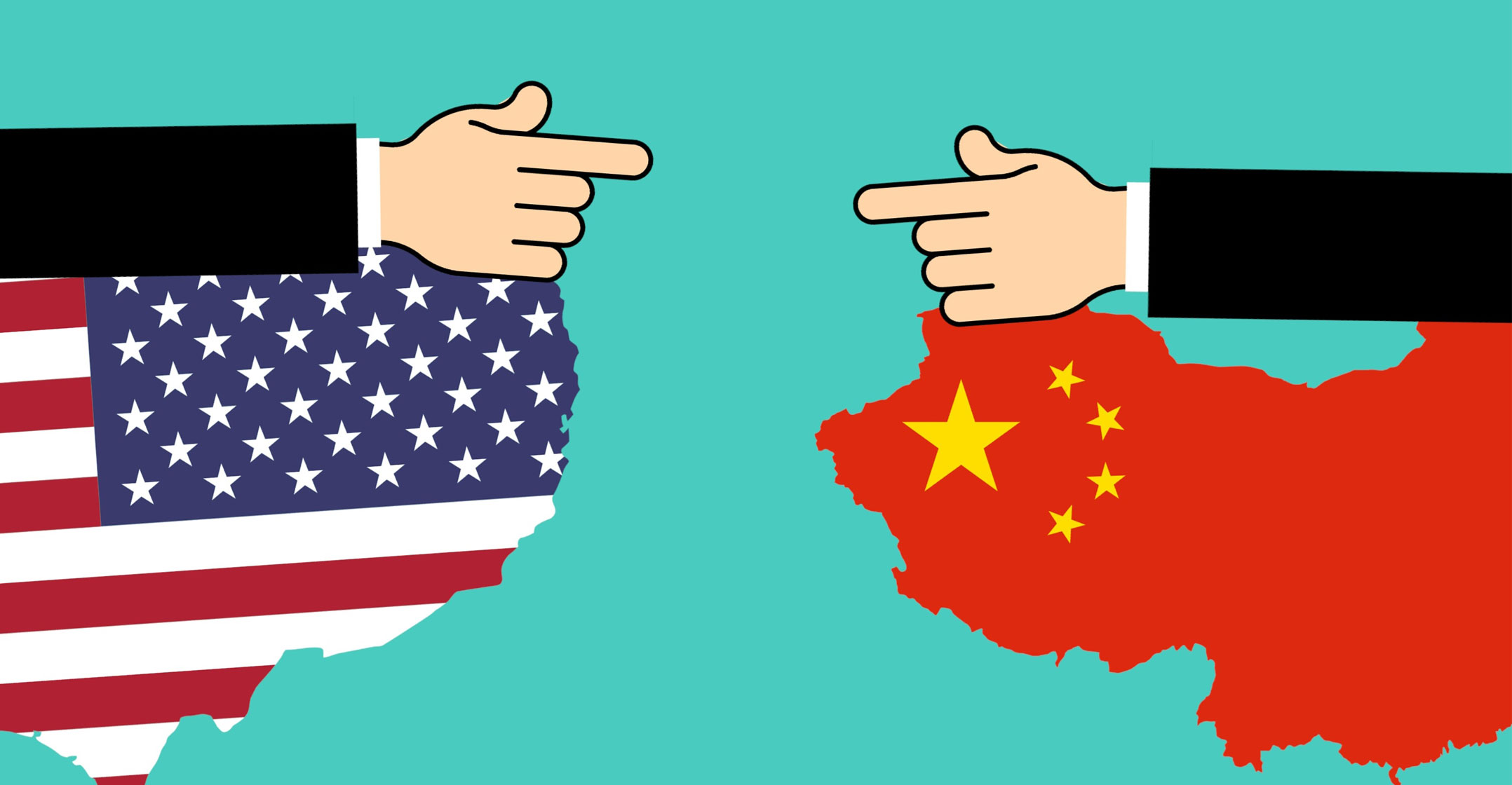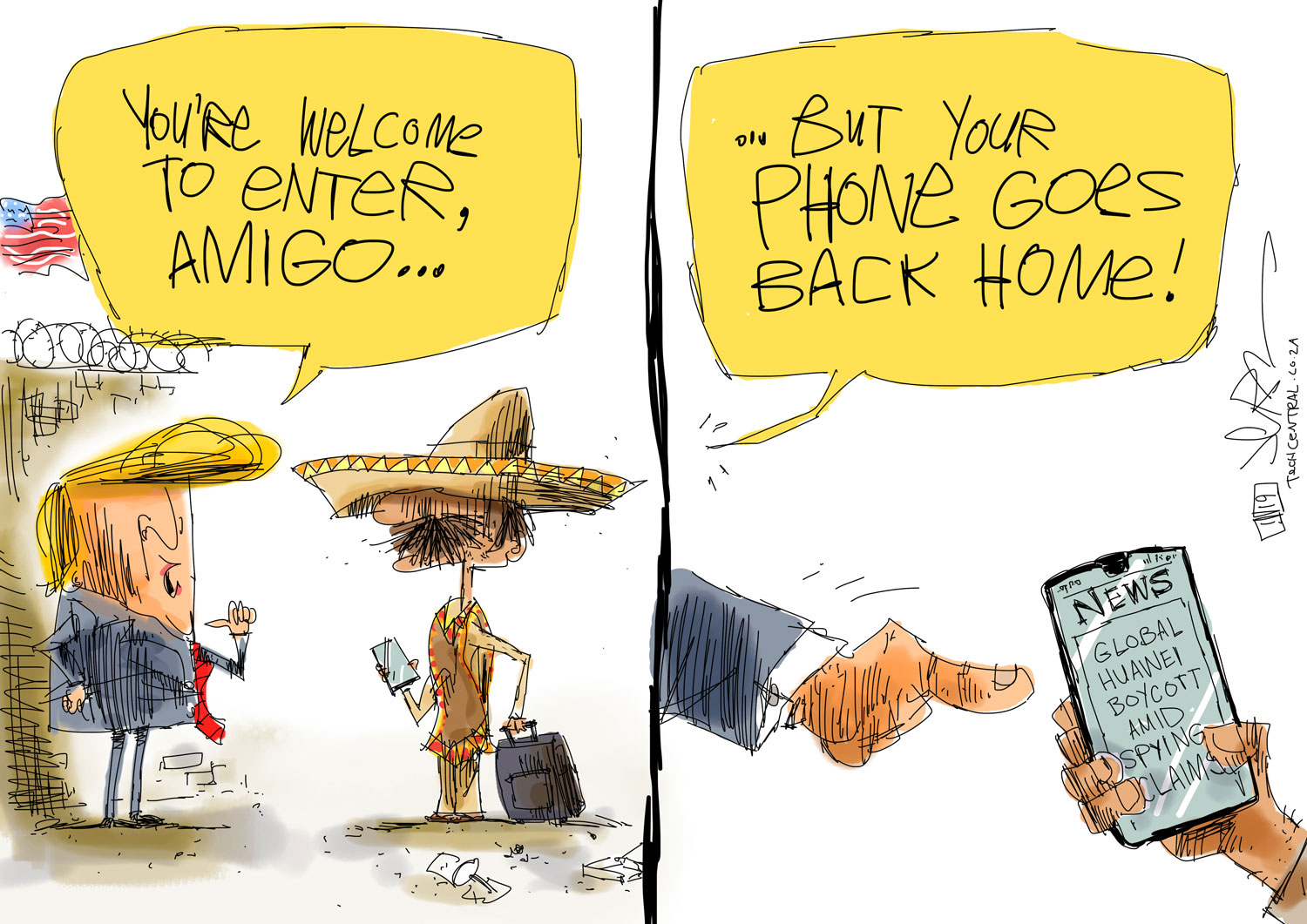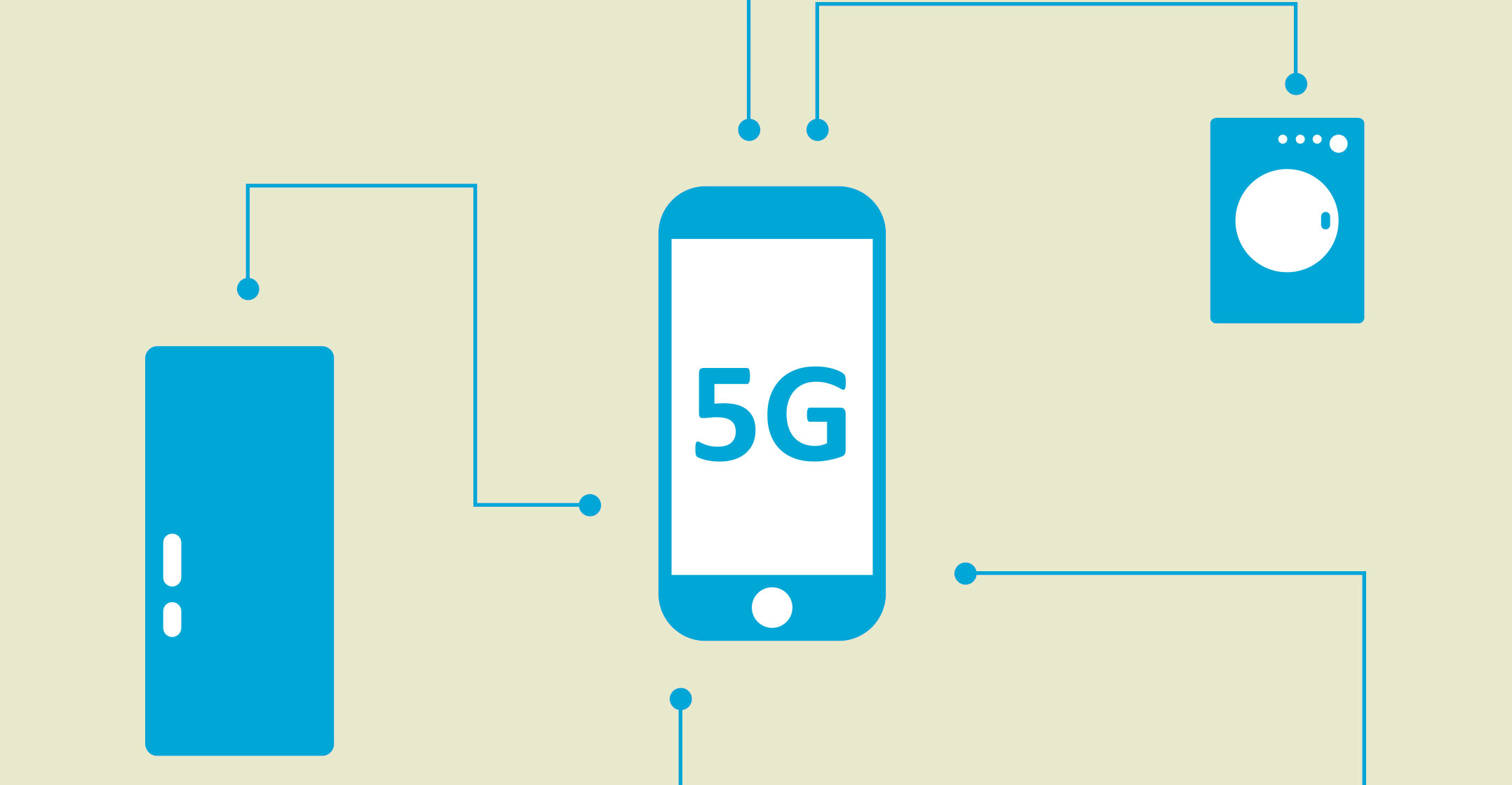 The scores of pages of US indictments handed down on Monday against Huawei don’t explicitly mention anything about 5G networks or China’s spy agency.
The scores of pages of US indictments handed down on Monday against Huawei don’t explicitly mention anything about 5G networks or China’s spy agency.
But they sent a clear message to world leaders weighing whether to use Huawei equipment for next-generation wireless networks connecting everything from phones to cars to supertankers: China’s largest technology company is a threat to national security.
“They aren’t just going after the notion that there is hard evidence of previous spying,” said Graham Webster, a fellow at Washington-based research group New America who studies China’s digital economy. “They are trying to undermine trust in Huawei overall, saying that this company cannot be trusted in your infrastructure.”
The case is a further sign that wider strategic tensions between the world’s two largest economies will persist even if they reach a deal to end a months-long trade war that is starting to hit global growth and company earnings. That may be harder now as Chinese President Xi Jinping’s top economic aide visits Washington this week for talks to stave off more tariff increases.
The indictments intensify the spotlight on Huawei, which has come to symbolise China’s economic rise and challenge to the US’s status as the world’s top superpower. In particular, the decision to prosecute Meng Wanzhou — daughter of billionaire Huawei founder Ren Zhengfei — has riled Beijing and increased concerns around the globe of a new Cold War.
Extradition
For Huawei, the indictments couldn’t come at a worse time. Since Meng — Huawei’s chief financial officer — was arrested in Canada on 1 December after a US request, the company has struggled to convince the world its equipment won’t be used for espionage. This month, Poland arrested one of its employees for spying, prompting Huawei to disavow any responsibility for his actions. Canada has until 1 March to assess a US request to extradite Meng.
Ren, Huawei’s founder and CEO, used a rare press appearance this month at its Shenzhen headquarters to insist the company doesn’t help Beijing spy.
“I love my country, I support the Communist Party, but I will not do anything to harm the world,’’ Ren said. On Tuesday, Huawei issued a statement saying once again it had done nothing wrong in either case.
 The indictments, however, are a direct attack on Huawei’s credibility.
The indictments, however, are a direct attack on Huawei’s credibility.
In one, the US alleges that Ren and Meng misrepresented Huawei’s business with Iran to the American government and four financial institutions since 2007, in violation of US sanctions. The indictment also accused the company of destroying evidence once it became aware of the investigation.
The other set of charges cite e-mails between Huawei USA and China to explain how engineers conspired to steal trade secrets from T-Mobile USA. They show how employees in China repeatedly pressed their colleagues to collect key information on “Tappy”, a robot used to test mobile phones that Huawei wanted for its own use.
When T-Mobile complained about the attempted theft, Huawei allegedly covered up the matter with a faulty internal investigation and blamed rogue employees for any wrongdoing. In fact, Huawei had set up an internal committee that handed out monthly bonuses to employees who stole the most valuable intellectual property from competitors, the suit alleges. Twice a year, special bonuses were paid to employees from three regions who had collected especially important confidential information.
“Employees were directed to post confidential information obtained from other companies on an internal Huawei website, or, in the case of especially sensitive information, to send an encrypted e-mail to a special e-mail inbox,” the indictment says.
Taken together, the charges bolster the Trump administration’s case that Huawei is operating at the behest of the Chinese government. While there’s no explicit evidence that the company’s products are compromised, it’s very difficult to know for sure — a risk the US argues is too big for critical infrastructure like 5G.
5G bans
“While this wouldn’t change the opinions of the Pentagon and intelligence agencies, which would already be well set, it certainly would make the public case easier to push to other countries,” said Victor Abramowicz, a former Australian department of defence intelligence analyst who is now a security researcher at Curtin University in Perth.
Already Australia and New Zealand have joined the US in keeping Huawei out of its 5G networks. Other countries like Canada, the UK, Germany and France have yet to make a decision.
It’s not an easy choice. On the commercial side, Huawei presents a cheaper option than its competitors: The company said it has already won more than 30 5G contracts globally, including 18 from European countries. Australia’s TPG Telecom on Tuesday pulled the plug on plans to build the country’s fourth mobile network, saying it no longer made financial sense after the government banned Huawei.
 “Because the global market is now deeply consolidated and Huawei enjoys a lead in technology and solutions, I don’t think the recent news about the company will impact Huawei’s 5G deployment — both in China and abroad,” said Bing Duan, an analyst with Nomura Asset Management.
“Because the global market is now deeply consolidated and Huawei enjoys a lead in technology and solutions, I don’t think the recent news about the company will impact Huawei’s 5G deployment — both in China and abroad,” said Bing Duan, an analyst with Nomura Asset Management.
Even more than current technology, control over 5G networks could allow an enemy to wreak mass industrial sabotage and social collapse, according to US officials. This week, the European Union’s digital chief, Andrus Ansip, urged companies to reconsider partnerships with Chinese companies due to an intelligence law that says any organisation and citizen must assist Beijing’s spy agencies with investigations. “We cannot be naive anymore,” he said.
China’s government sees the charges as part of a bigger US plan to hold back the world’s second biggest economy. On Tuesday, the foreign ministry in Beijing urged the US to revoke Meng’s arrest warrant and stop its “unreasonable crackdown” on Chinese companies.
“For some time now, the US has used its national power to smear and attack specific Chinese enterprises in an attempt to stifle their legitimate operations,” foreign ministry spokesman Geng Shuang said in a statement. “There are strong political attempts and manipulation behind this.”
Countermeasures
China has threatened countermeasures against governments that ban Huawei, and detained two Canadians on espionage charges — a move that Prime Minister Justin Trudeau’s government saw as retaliation for Meng’s arrest. Those actions have only helped confirm the links between Huawei and the government, according to a European diplomat in Beijing who asked not to be identified.
The battle over Huawei and 5G is only part of the fight. The US is also looking to curb China’s “Made in China 2025” plan to dominate other vital technologies, from robotics to new-energy vehicles to biotechnology, as part of its trade war.
“The tech war between the US and China is going to intensify over the course of this year,” David Loevinger, a former US treasury official who is now a managing director at TCW, a Los Angeles-based asset manager, said on Bloomberg Television. “And it’s not just legal actions against Chinese firms and Chinese executives: we’re going to see much broader restrictions on exports of technology to China and much broader restrictions on Chinese investment in the tech sector.” — Reported by David Tweed and Gao Yuan, (c) 2019 Bloomberg LP




